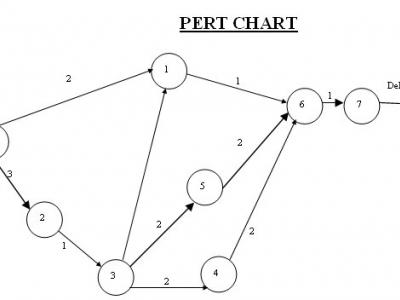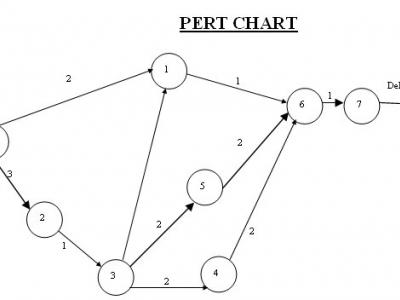Datasets
Standard Dataset
History of Computers

- Citation Author(s):
- Submitted by:
- Kamal Acharya
- Last updated:
- Thu, 10/31/2024 - 09:49
- DOI:
- 10.21227/henc-8p50
- License:
 99 Views
99 Views- Categories:
- Keywords:
Abstract
In order to understand today's computers, it is important to study how computers evolved through time by discussing some of the major achievements. This section deals with the history of computers and identifies the major technological achievements of the four computer generations. Humans needed devices that could be used to perform calculations as early as the period when they kept animals and started to trade with other people. They realized the need to calculate and to record information. Many people agree that the history of calculation began with the Abacus around 5000 B.C. in Egypt and China. It has a wooden frame with balls or beads strung on parallel wires. It is used for calculations. Afterwards, other developments include the invention of the slide rule in the 1620's and the first mechanical calculating machine in 1642. Probably the first computer was designed by Charles Babbage in 1822. He devised a machine called the difference engine. In 1834, Babbage proposed a more elaborate computing machine, called the analytical engine. It was completely mechanical and needed thousands of components. Babbage was unable to produce most of these parts due to the technological limitations of his time.
In order to understand today's computers, it is important to study how computers evolved through time by discussing some of the major achievements. This section deals with the history of computers and identifies the major technological achievements of the four computer generations. Humans needed devices that could be used to perform calculations as early as the period when they kept animals and started to trade with other people. They realized the need to calculate and to record information. Many people agree that the history of calculation began with the Abacus around 5000 B.C. in Egypt and China. It has a wooden frame with balls or beads strung on parallel wires. It is used for calculations. Afterwards, other developments include the invention of the slide rule in the 1620's and the first mechanical calculating machine in 1642. Probably the first computer was designed by Charles Babbage in 1822. He devised a machine called the difference engine. In 1834, Babbage proposed a more elaborate computing machine, called the analytical engine. It was completely mechanical and needed thousands of components. Babbage was unable to produce most of these parts due to the technological limitations of his time.









